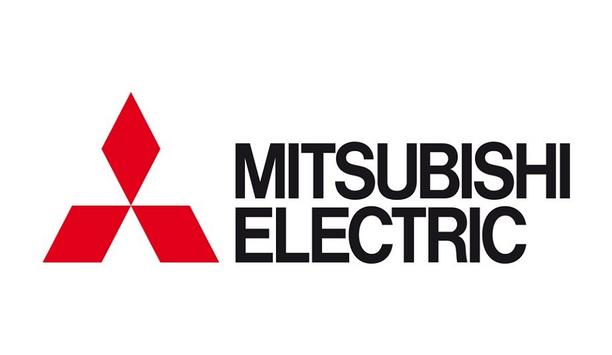Iron oxide is also called magnetite. This damaging black sludge is the unavoidable result of oxidation inside untreated hydronic systems. As little as a few teaspoons can cause tremendous damage.
In fact, according to Dr. Neil Watson, ADEY® Chief Technical Officer, “nearly 70 percent of circulator pumps returned to pump manufacturers fail due to iron oxide and other water quality issues. Data also show that over 95 percent of debris in hydronic heating systems is made up of iron oxide.”*
These startling figures are backed up by contractor experiences in the field. “When a system is serviced, black iron oxide is often present and needs to be removed,” says Andrew Lapinsky, Senior Sales Manager for ADEY.
Problems due to sludge buildup
In fact, any black iron pipe system is vulnerable to sludge buildup. Any home built before 1960 is likely to have a black iron pipe, and the material is still used today. But why is sludge, and the problems it causes, becoming so increasingly prevalent?
New Equipment, New Problems
Narrower waterways mean higher efficiency, but with that comes a much greater tendency to clog
The answer lies in the equipment itself, according to Lapinsky, “ The introduction into the North American market of high-efficiency boilers and ECM pumps, both of which have narrow waterways, has really changed the game. Narrower waterways mean higher efficiency, but with that comes a much greater tendency to clog.”
MagnaClean filtration solutions
The answer, which was developed in the U.K. over a decade ago, is the MagnaClean® magnetic dirt filter, because it uses high-grade neodymium magnets to target and remove magnetite via magnetic filtration technology, and is available in a range of models that can be installed in every type of application from small residential to heavy industrial.
MagnaClean filters, regardless of their size or application, all utilize the same technology. In residential units, a canister houses a magnetic rod assembly, around which system water flows – without the need for a reduction in system pressure. “It’s a beautifully simple device,” says Lapinsky.
“There are no moving parts. The inlet and outlet are shaped to force a cyclonic flow around the magnet, which captures the sludge.” This first-pass capture makes MagnaClean filters top-of-class in filtration solutions.
Increasing boiler efficiency
For homeowners, perhaps the greatest benefits of MagnaClean residential filters are the reduction in maintenance bills as well as the increase in energy savings – both a direct result of the removal of system-clogging sludge.
Additional benefits include a reduction of carbon emissions, zero operating costs, and no parts to replace. MagnaClean also helps extend the life of the boiler by maintaining peak operating efficiency.
Easy installation and servicing
Servicing is even easier, with access through the screw-off canister lid allowing for rinse-down cleaning
Installers of MagnaClean residential filters, on the other hand, will benefit from reduced callbacks on newly installed boilers and appreciate the ease of in-line installation offered by MagnaClean’s rapid-fit connectors, and bi-directional inlet and outlet valves.
Servicing is even easier, with access through the screw-off canister lid allowing for quick removal of the magnetic rod for rinse-down cleaning, as well as easy dosing of ADEY System Treatment Formulas.
ASME certified
Commercial customers enjoy similar benefits, but on a larger scale. System efficiency, reduced maintenance, increased energy savings and increased system life all top the list on the commercial side as well.
Built to ASME standards, the construction of a stainless steel cast body, individually removable magnetic rods, EPDM full-face flange gaskets for maximum strength seal at high temperatures, and flexible installation options – you’ve got a commercial solution that’s hard to top.
Best Practice™ System Protects Hydronic Systems
Beyond MagnaClean filters, ADEY has in fact made other significant strides toward the goal of extended equipment life through proper maintenance.
The company’s pioneering ADEY Best Practice™ System Process is a six-step routine designed to clean and protect hydronic heating systems for maximum efficiency.
ADEY’s MC3+™ Cleaner
“The process starts with cleaning the system using ADEY’s MC3+™ Cleaner to lift sludge from the system,” says Andrew Lapinsky.
“The next step is to remove suspended sludge from the system by carrying out a MagnaCleanse™. Next, to treat the system against the formation of new sludge, a MagnaClean dirt filter should be installed, and the system should be protected with ADEY's MC1+ protector. Finally, ADEY's Engineers' water test kit should be used to test system water quality and ongoing maintenance should be carried out.”
“The whole six-step process is geared toward maximizing system efficiency and extending equipment life.”


















